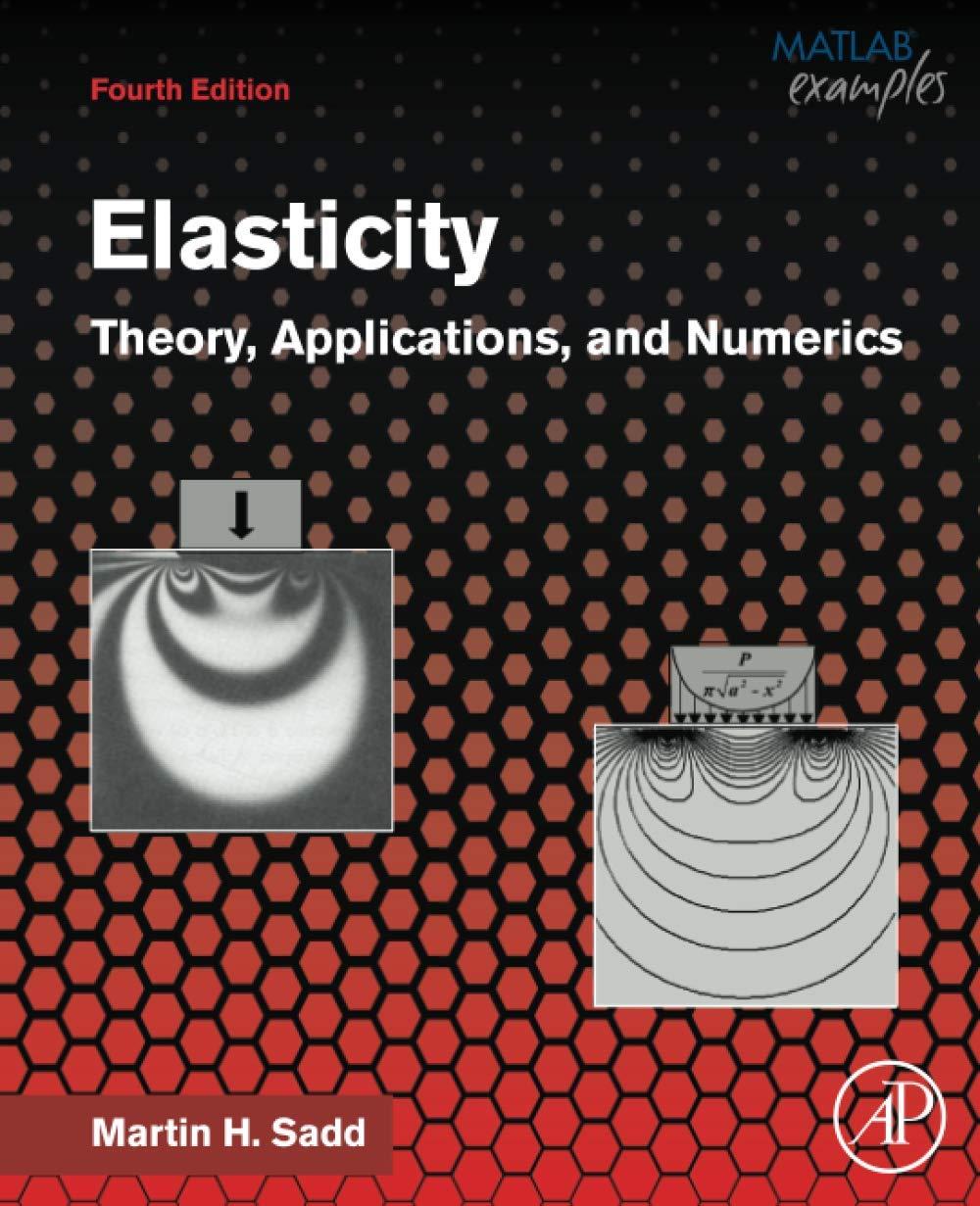Question
Strip _ bonds: generally long-term bonds that have had the _____________ removed. Also known as zero-coupon bonds. Clipped coupons: the coupons that were removed from
Strip_ bonds: generally long-term bonds that have had the _____________ removed. Also known as zero-coupon bonds.
Clipped coupons: the coupons that were removed from the above bonds.
T-bills: the Government of Canada sells T-bills (short term bonds) at a discount (no coupons).
Bonds that are sold at a discount to the current market price to encourage a quick sale. These are a combination of a regular and discount bond. While, technically, they should be treated as having accrued as well as regular interest, in practice it is difficult for the CRA to prove that they were bought at a discount if the discount is not large (which it rarely is).
DEDUCTIBILITY OF INTEREST EXPENSE........................................................................ 7.2.3
Interest is generally deductible if the loan was used to invest - i.e. earn income from:
These interest charges are also often called _____________ charges.
Common shares: interest is [deductible / deductible up to the size of dividends / not deductible]
Preferred shares: interest is [deductible / deductible up to the grossed up amount of dividends / not deductible]
Fixed-rate loans: interest is [deductible / deductible up to the interest rate / not deductible]
Home mortgage: interest is not deductible, except insofar as used for a ____________________
Car loan: interest is not deductible, except insofar as used for ____________ up to $______
Credit cards: interest is not deductible, except insofar as used for ________________________
Loans to make RRSP, TFSA or RESP contributions:
interest is [deductible / not deductible]
-these are also known as "catch-up" loans
Late tax interest: [deductible / not deductible]
The general rule is: Interest is deductible up to the amount that the loan earns you business profits or funds a business expense. (If the profits are uncertain, then all of the interest is deductible.)
Strategy tip: If you are deciding on whether to take out a loan for consumption or investment, you can save some taxes by taking the loan for [consumption / investment] and spending your cash on the [consumption / investment]. However, in some cases the interest rate on investment is higher, so be careful. (E.g. mortgage interest is often much lower than investment loan interest, so it often makes more sense to get a mortgage.) Also, sometimes it's simply not worthwhile to take out an investment loan - the expected return is not sufficiently higher than the interest rate to justify the risk.Not used as much given the introduction of TFSAs.
It is important to keep detailed records on investment loans, as the CRA is concerned about people pretending that their loans are for investment when they are not.
Step by Step Solution
There are 3 Steps involved in it
Step: 1

Get Instant Access with AI-Powered Solutions
See step-by-step solutions with expert insights and AI powered tools for academic success
Step: 2

Step: 3

Ace Your Homework with AI
Get the answers you need in no time with our AI-driven, step-by-step assistance
Get Started



